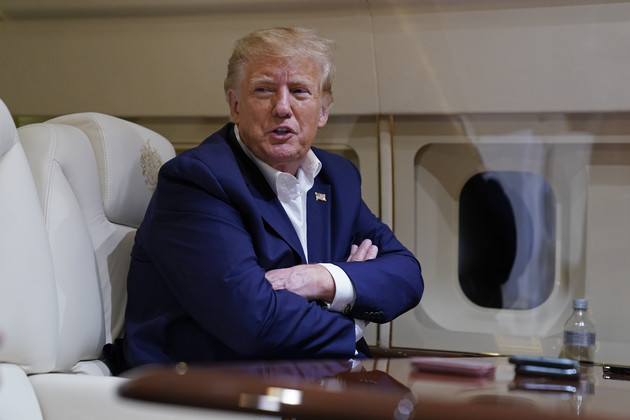Negotiations for a Free Trade Agreement (FTA) between India and the United Kingdom have recently reignited, signaling renewed efforts to break the deadlock that has persisted since 2001. Prime Minister Narendra Modi of India and his British counterpart Rishi Sunak convened to discuss strategies for advancing the long-awaited pact, which has faced challenges in finding common ground.
Renewed Optimism in Bilateral Trade Relations
Modi and Sunak, in a constructive dialogue, expressed their commitment to fostering a "mutually beneficial" trade relationship during their recent interaction. The leaders underscored the significance of reaching an agreement that would enhance trade opportunities and ecomonic prosperity for both nations.
Stumbling Blocks and Areas of Disagreement
Despite the shared determination to move forward, negotiations have encountered hurdles primarily stemming from divergent interests. London's pursuit of "more favorable" terms, particularly in terms of tariff reductions on exports to India, has presented a key obstacle. The UK's insistence on preferential conditions, including reduced tariffs for goods such as automobiles and whiskey, alongside demands for liberalization in financial and legal services, has contributed to the impasse.
Conversely, Indian stakeholders have emphasized the importance of reciprocal concessions, advocating for streamlined procedures facilitating the temporary movement of Indian professionals to the UK for business purposes. This stance reflects India's commitment to ensuring equitable terms that address the interests of its domestic industries and workforce.
External Dynamics and Recent Developments
The resumption of discussions between India and the UK follows India's recent engagement with the European Free Trade Association (EFTA), comprising Iceland, Liechtenstein, Norway, and Switzerland. The Trade and Economic Participation Agreement (TEPA) signed with these nations signals India's proactive approach to expanding its trade network and attracting foreign investment.
In contrast, negotiations with Canada hvae faced setbacks due to diplomatic tensions, halting progress on a potential trade agreement. However, India's robust economic performance, underscored by notable growth rates, has positioned it as an attractive partner for bilateral trade agreements, garnering interest from various countries eager to capitalize on India's burgeoning market.
Outlook and Prospects for Future Engagements
As India continues to assert its presence in the global economy, the trajectory of its trade negotiations remains dynamic. While challenges persist in reconciling divergent interests and navigating geopolitical complexities, the shared objective of enhancing bilateral trade relations presents opportunities for constructive dialogue and collaboration.
In conclusion, the recent discussions between India and the UK represent a pivotal juncture in their efforts to revitalize stalled trade negotiations. With a concerted focus on mutual benefit and pragmatic solutions, both nations aim to chart a course towords a comprehensive and mutually rewarding Free Trade Agreement, underscoring the importance of resilient partnerships in an increasingly interconnected world.
Free Speech and Alternative Media are under attack by the Deep State. Chris Wick News needs your support to survive.
Please Contribute via GoGetFunding
